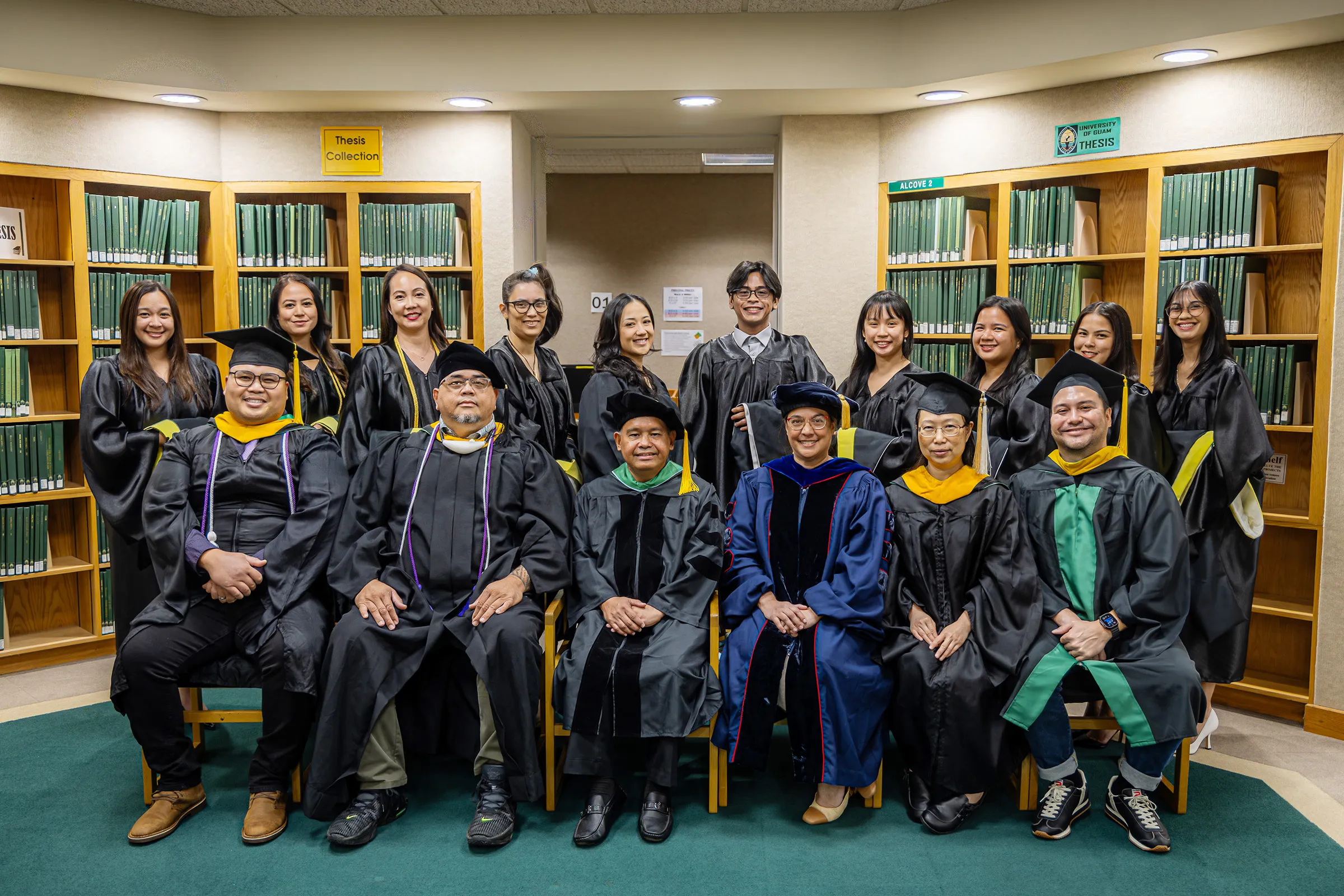The bipartisan funding package passed by the U.S. Congress last week included several important provisions that are key priorities for the CNMI, U.S. Congresswoman Kimberlyn King-Hinds announced Monday.
In a statement, King-Hinds said the fiscal year 2026 funding package that ended the federal government shutdown consisted of a three-bill minibus that provides full-year funding for the Department of Agriculture, the Department of Veterans Affairs and military construction, and the operations of Congress. All other federal agencies were funded through a continuing resolution until January 30.
King-Hinds explained that a minibus is a smaller version of an omnibus appropriations measure. Instead of combining every department into a single bill, she said, Congress groups a few full-year appropriations bills together. This approach, she said, ensures stable, year-long funding for certain agencies while negotiations continue for the rest of the government.
In particular, King-Hinds said the Agriculture bill minibus bill provides full-year funding for the Nutrition Assistance Program through fiscal year 2026, giving stability to families who rely on these benefits after several difficult weeks of uncertainty during the shutdown.
In addition, King-Hinds said, the bill includes three community projects she has requested to support infrastructure and essential services across the Marianas. These USDA Rural Development investments provide:
- $1.5 million for the Office of the Mayor of Saipan to acquire heavy equipment for community projects and maintenance
- $1 million for the Tinian Mayor’s Office to support water infrastructure for homestead expansion in Marpo Heights
- $1 million for the Commonwealth Healthcare Corporation to build a new medical supplies warehouse.
King-Hinds also said that two additional requests were included in the Military Construction, Veterans Affairs, and Related Agencies Appropriations Act of 2026. One provision, she said, directs the Department of Defense to work with Gov. David M. Apatang on a comprehensive solid waste management plan for Tinian. This replaces earlier language that required only the Air Force to submit a report.
The final agreement, King-Hinds noted, requires the Secretary of Defense, in consultation with the Secretaries of the Navy and Air Force, to develop the plan and submit it within the specified timeline, ensuring a coordinated federal approach to an important environmental and public health issue for the island.
King-Hinds also shared that there is another provision that strengthens oversight and implementation of veterans services in the Freely Associated States in Public Law 118–42. The Department of Veterans Affairs, she said, is directed to provide quarterly briefings to Congress and to submit a report within 60 days detailing the cost and plan to deliver services before the end of fiscal year 2026. These services include direct care from VA providers, telehealth, care through
community contracts, the shipment of medications to the FAS, and reimbursement for veteran travel to the United States.
“With the passage of this minibus, these programs now have full-year funding in place. This means NAP benefits can continue without interruption, Tinian’s solid waste planning can move forward, and our veterans in the Freely Associated States can expect clearer timelines and better access to services. Essential projects in Saipan, Tinian, and our healthcare system can also begin without further delay. I appreciate the appropriators and leadership for working with us to ensure the needs of the CNMI and the region were included,” King-Hinds said.









